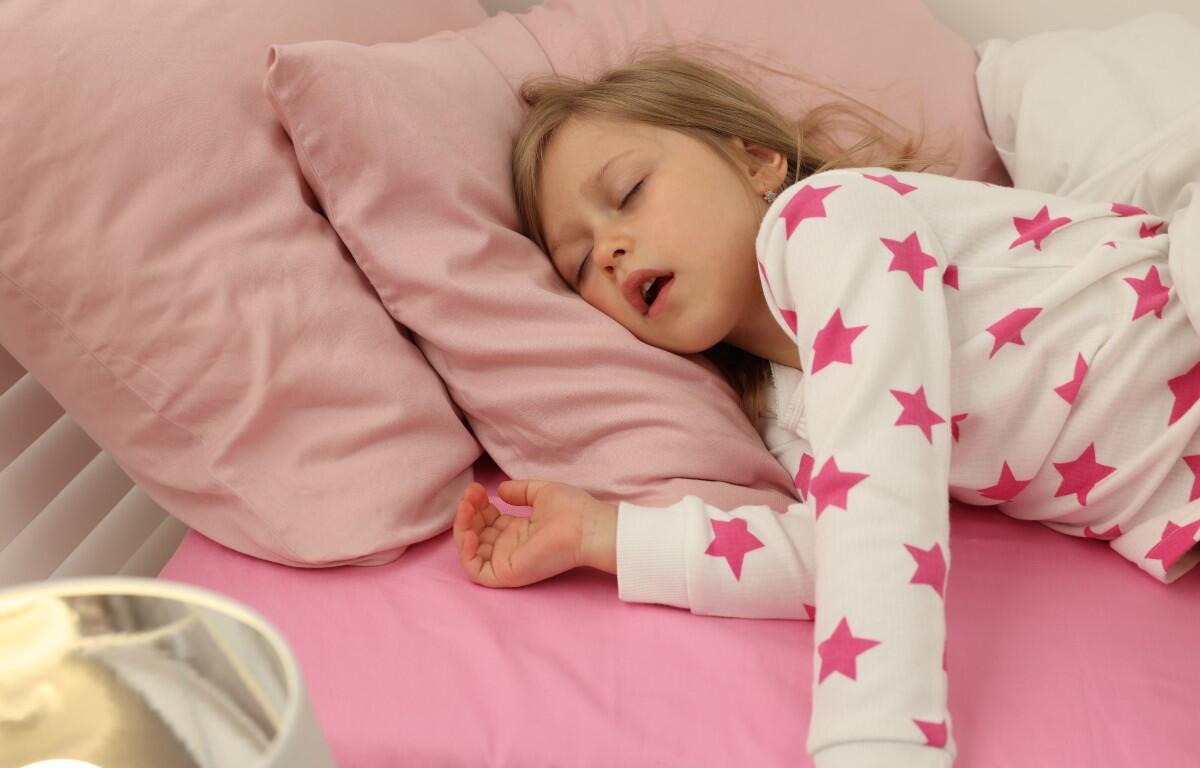Sleep disorders cause many different problems, and they are more common than most people realize. Dr. Jennifer J. Cornell, DDS, at Dental Sleep and TMJ Solutions of Clarksville has answers to some of your questions about conditions that prevent you from getting a good night’s sleep.
Question: My child was diagnosed with pediatric obstructive sleep apnea. What does this mean, and what do I need to know?
Answer: Pediatric obstructive sleep apnea (OSA) is still an evolving area of research, but what we know is clear: Untreated sleep apnea can affect a child’s growth, development and daily functioning.
Common symptoms include:
- Snoring
- Bedwetting
- Restless or interrupted sleep
- Gasping or choking during sleep
- Daytime sleepiness
- Hyperactivity or poor concentration
- Slow growth
Possible causes include:
- Enlarged tonsils or adenoids
- Allergies or asthma
- Obesity
- Certain medical conditions (such as Down syndrome)
Parents usually know when something isn’t right. Snoring, especially in children, should always be taken seriously. The American Academy of Pediatrics recommends that all children who snore be evaluated for sleep apnea. Unfortunately, long wait times for sleep studies can delay diagnosis – sometimes for over a year – while critical growth and neurodevelopment are happening. Since many developmental changes occur during sleep, interruptions in breathing and oxygen flow can interfere with a child’s normal path of development.
Unlike adults, children with sleep apnea often present a more complex picture. Enlarged tonsils may lead to mouth breathing, which in turn can worsen allergies, airway development and facial growth. Treatment may involve a team approach: medical providers, sleep specialists, ENTs and dentists.
How dentists can help
Dentists are uniquely positioned to screen for signs of pediatric sleep apnea during routine checkups. Crowded teeth, narrow arches, or evidence of chronic mouth breathing can all point to airway concerns. Dentists trained in dental sleep medicine can collaborate with physicians to guide care and, in some cases, provide oral appliances that support airway growth and function.
The bottom line: If your child snores or shows other signs of sleep-disordered breathing, don’t wait. Early evaluation and intervention – often with the help of your dentist – can protect not only their sleep, but also their overall growth, behavior and quality of life.
Jennifer J. Cornell, DDS, is a diplomate of the American Board of Dental Sleep Medicine. For more, visit the Dental Sleep and TMJ Solutions of Clarksville website or call 931-645-8000.


